HIPAA-compliant Solutions for Healthcare
Ensure both patient care and privacy with VIDIZMO AI solutions for PHI redaction, clinical staff training, patient education, and aftercare compliance in line with strict HIPAA regulatory requirements.

Healthcare Organizations Trust VIDIZMO
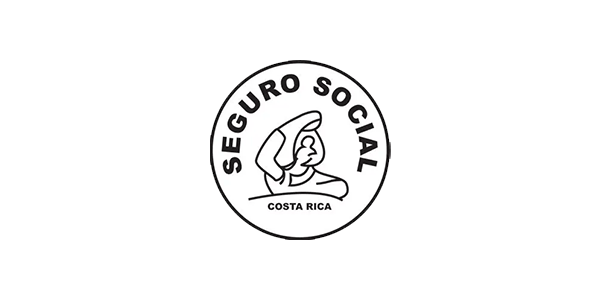
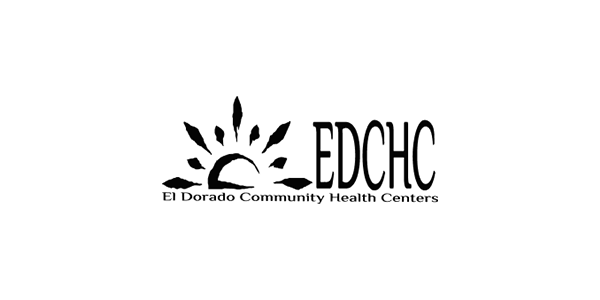
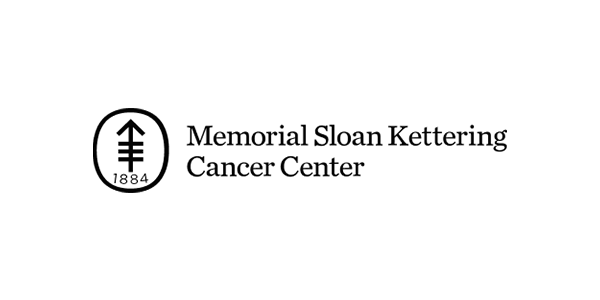
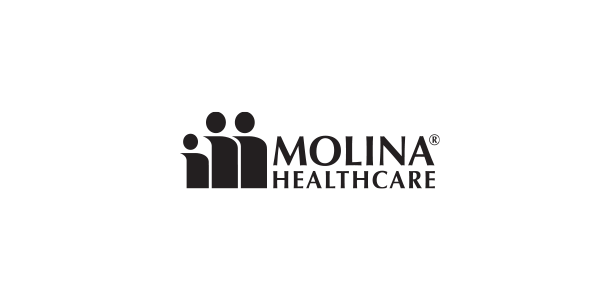

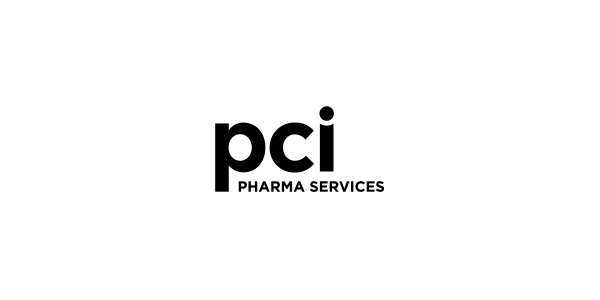
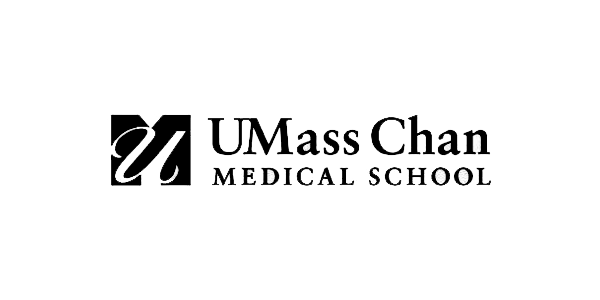
Designed for Healthcare Professionals
You
You Want to
But
How Healthcare Organizations Use VIDIZMO
See Our Success Stories in Healthcare

CCSS

El Dorado Community Health Centers

Miyazaki Enterprises
Why Healthcare Organizations Love VIDIZMO
Analyzes All Data Types
No matter whether the data is in the form of video, audio, document, or image.
Gives Contextual Intelligence
No random BS. Just pure insights extracted from data within your systems.
Cares About Patient Privacy
No data sharing with third parties. All your data remains HIPAA-compliant.
Gets Deployed Anywhere
Whether on your own premises, private cloud, or the best of both worlds.
Extract Intelligence from Clinical Data to Save Lives and Hours
Top-of-mind Questions
VIDIZMO platform can be configured to protect your clinical data with security measures consistent with HIPAA requirements, such as advanced data encryption, role-based access control, audit log, multifactor authentication (MFA), SSO support, Azure AD/Microsoft Entra ID integration, IP and location restrictions, and other security measures.
Yes. VIDIZMO enters into a Business Associate Agreement (BAA) with healthcare providers and ensures all protected health information (PHI) is encrypted at rest and in transit using standards mandated by the HITECH Act.
VIDIZMO automatically detects protected health information (PHI) and personally identifiable information (PII) within patient data like clinical notes, therapy session transcripts, and other records. This helps ensure compliance when handling clinical records.
By automating time-consuming tasks like transcribing consultations, summarizing patient histories, and generating draft progress notes from recordings, VIDIZMO Intelligence Hub gives clinicians value time back. This allows them to focus on patient care instead of paperwork.
Yes. You can create a patient-facing interface where patients can access public-facing resources and ask natural-language questions about their aftercare instructions, medication information, or educational materials. This improves health literacy and compliance while reducing simple, repetitive queries to clinical staff.
No. The interface is designed for clinicians. They can ask questions as they normally would, for example:
- “What were the key takeaways from the patient’s last oncology consultation?”
- “Show me all patients with a HbA1c over 7% in the last 6 months.”
- “Summarize this patient’s reaction to the new medication trial.”
